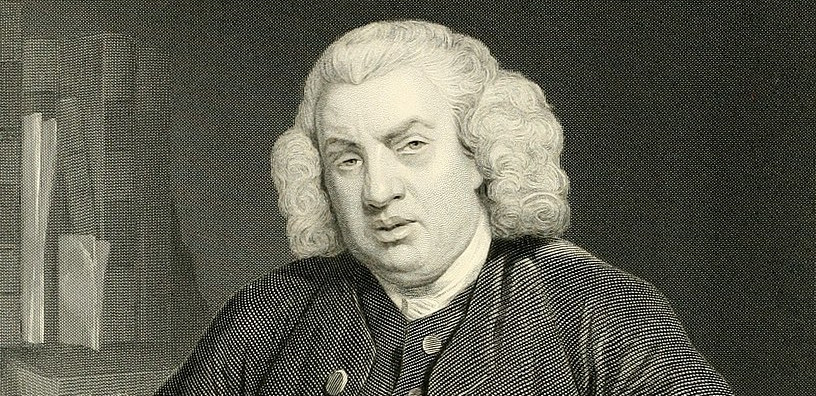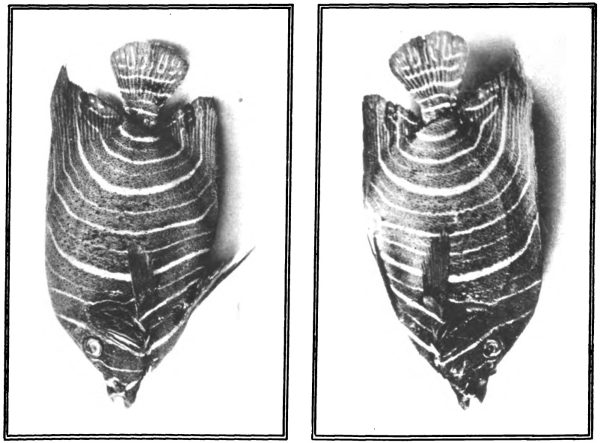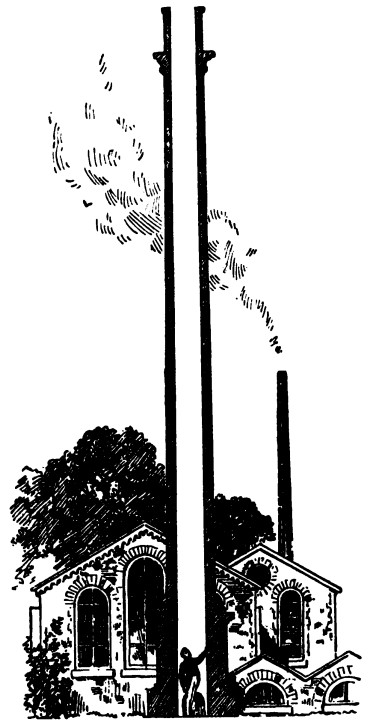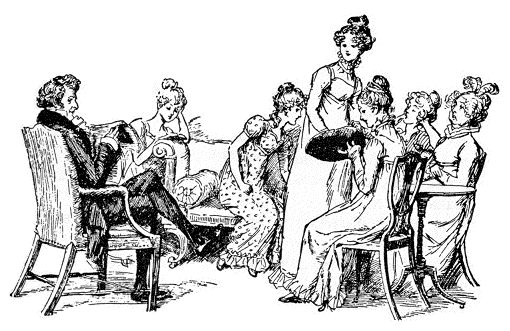In Eric Cross’ 1942 book The Tailor and Ansty, Irish tailor and storyteller Timothy Buckley recounts the wisdom held by the old Irish, before “the people got too bloodyful smart and educated, and let the government or anyone else do their thinking for them.” They had a way of reckoning time that advances from the lifespan of a rail, a type of small bird, to the age of the world:
A hound outlives three rails.
A horse outlives three hounds.
A jock outlives three horses.
A deer outlives three jocks.
An eagle outlives three deer.
A yew-tree outlives three eagles.
An old ridge in the ground outlives three yew-trees.
Three times the time that the sign of a ridge will be seen in the ground will be as long as from the beginning to the end of the world.
“The tailor is wildly off,” notes philosopher Robert P. Crease, “in his estimate of the age of the universe, which is unlikely to be (lifetime of the rail) × 38. Still, his point is well made that the old Irish unit system may possess certain superiorities to ours in that it was ‘reckoned on the things a man could see about him, so that, wherever he was, he had an almanac.'”
01/31/2025 UPDATE: Reader Edward White writes:
There is actually a similar calculation found in the Cosmati Pavement, in Westminster Abbey: The inscription reads
If the reader wisely considers all that is laid down, he will find here the end of the primum mobile; a hedge (lives for) three years, add dogs and horses and men, stags and ravens, eagles, enormous whales, the world: each one following triples the years of the one before.
In other words the calculation is:
A hedge lives 3 years
A dog lives for 3 hedges (i.e. 9 years)
A man lives for 3 dogs (i.e. 27 years)
A stag lives for 3 men (i.e. 81 years)
A raven lives for 3 stags (i.e. 243 years)
An eagle lives 3 ravens (i.e. 729 years)
A whale lives 3 eagles (i.e. 2187 years)
And the world lives 3 whales (6561 years)
This is the same as the Irish peasant’s calculation, in that it involves 8 rounds of tripling, but it has different terms. Schott’s Quintessential Miscellany (Bloomsbury, 2011) has a similar list of calculations on page 104. They are quoted below in full:
Flemish folklore gave this estimate of animal life-spans, premised upon the belief that a town (or enclosure) lasted just three years:
A TOWN lives three YEARS,
A DOG lives three TOWNS,
A HORSE lives three DOGS
A MAN lives three HORSES,
An ASS lives three MEN,
A WILD GOOSE lives three ASSES,
A CROW lives three WILD GEESE,
A STAG lives three CROWS
A RAVEN lives three STAGS
& the PHOENIX lives three RAVENS
A German equivalent has it:
A FENCE lasts three YEARS;
A DOG lasts three FENCES;
A HORSE lasts three DOGS;
And a MAN three HORSES.
Hesiod (fl.c 8th BC) wrote:
The NOISY CROW lives nine generations of MEN who die in the bloom of years; the STAG attains the age of four CROWS; the RAVEN, in its turn, equals three STAGS in length of days; while the PHOENIX lives nine RAVENS. We nymphs, fair-of-tresses, daughters of Jove the aegis-bearer, attain to the age of ten PHOENIXES.
And, Italian folklore maintained:
A DOG lasts 9 years;
A HORSE lasts 3 DOGS: 27 years;
A MAN lasts 3 HORSES: 81 years;
A CROW lasts 3 MEN: 243 years;
A DEER lasts 3 CROWS: 729 years;
An OAK lasts 3 DEER: 2,187 years.
The principle was evidently very widespread across Europe.
[Here’s another translation of the Hesiod, this from Plutarch:
A screaming crow lives for nine generations
of men who have reached puberty; a deer is four crows;
the raven grows old at three deer; then the phoenix at nine ravens; and we at ten phoenixes,
we beautiful-haired nymphs, daughters of aegis-holding Zeus.]
(Thanks, Edward.)




